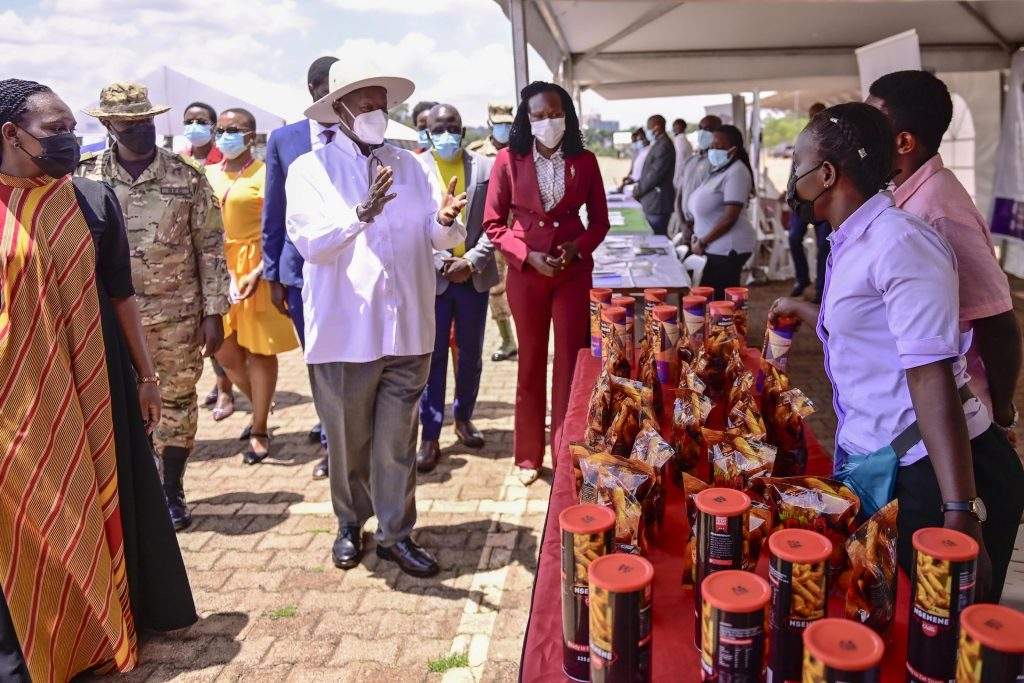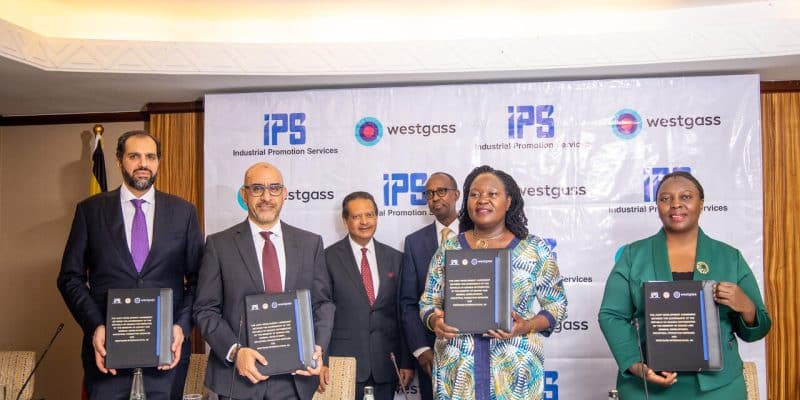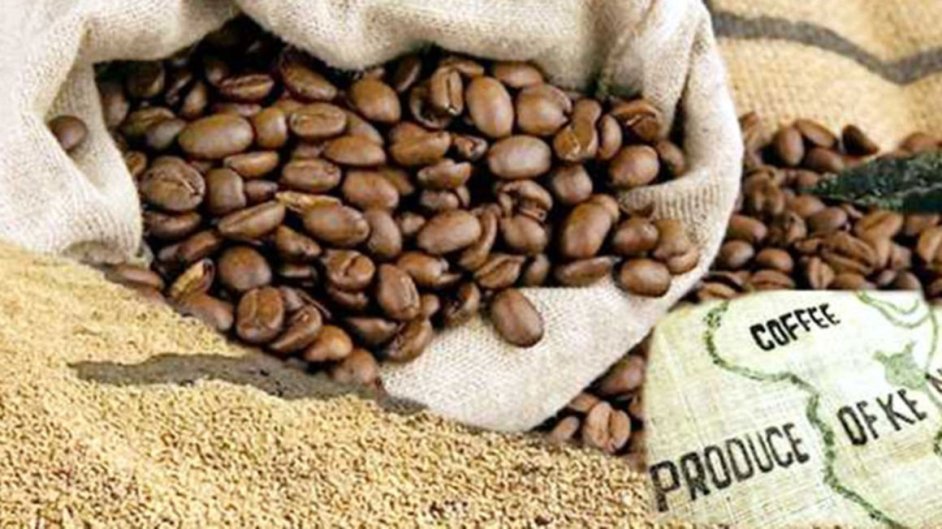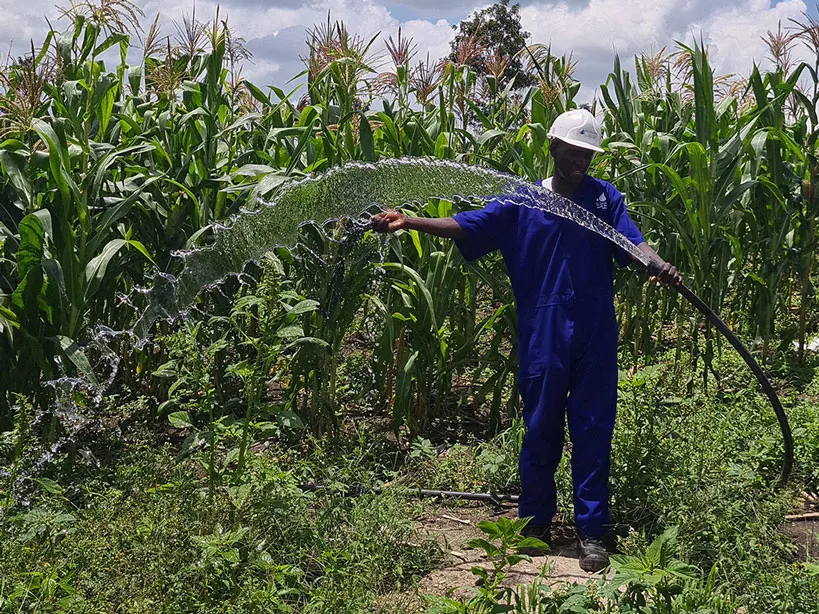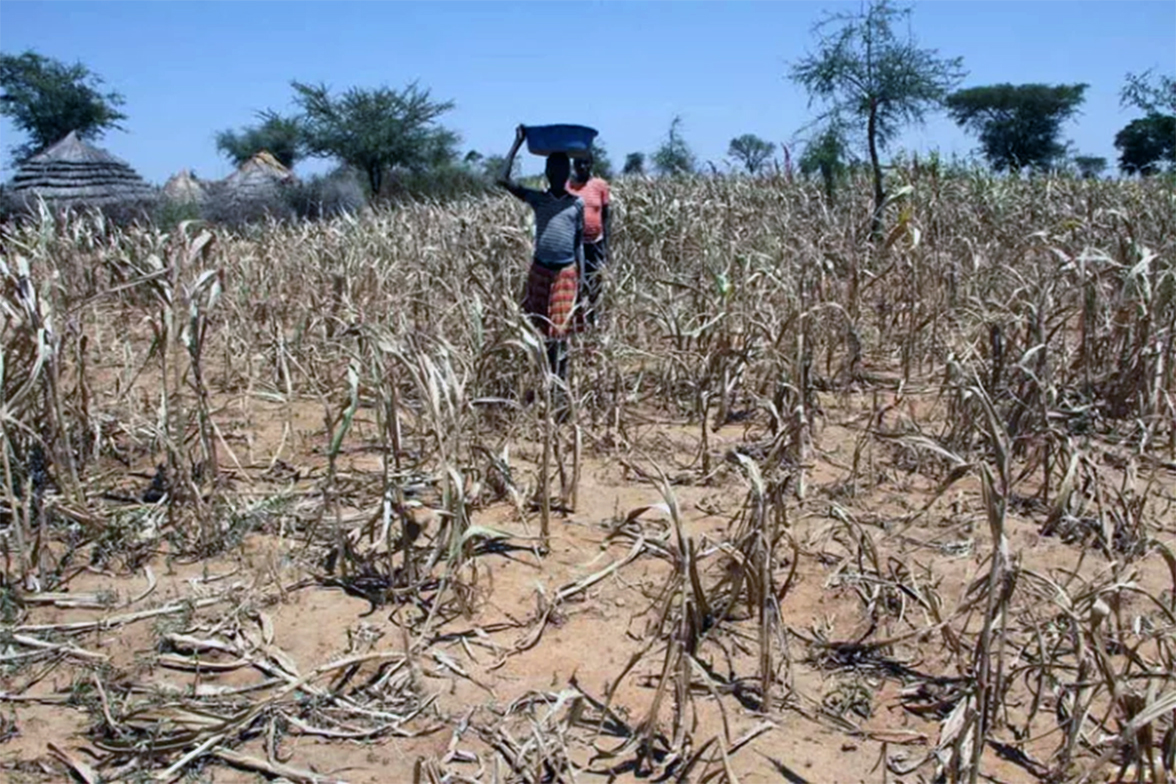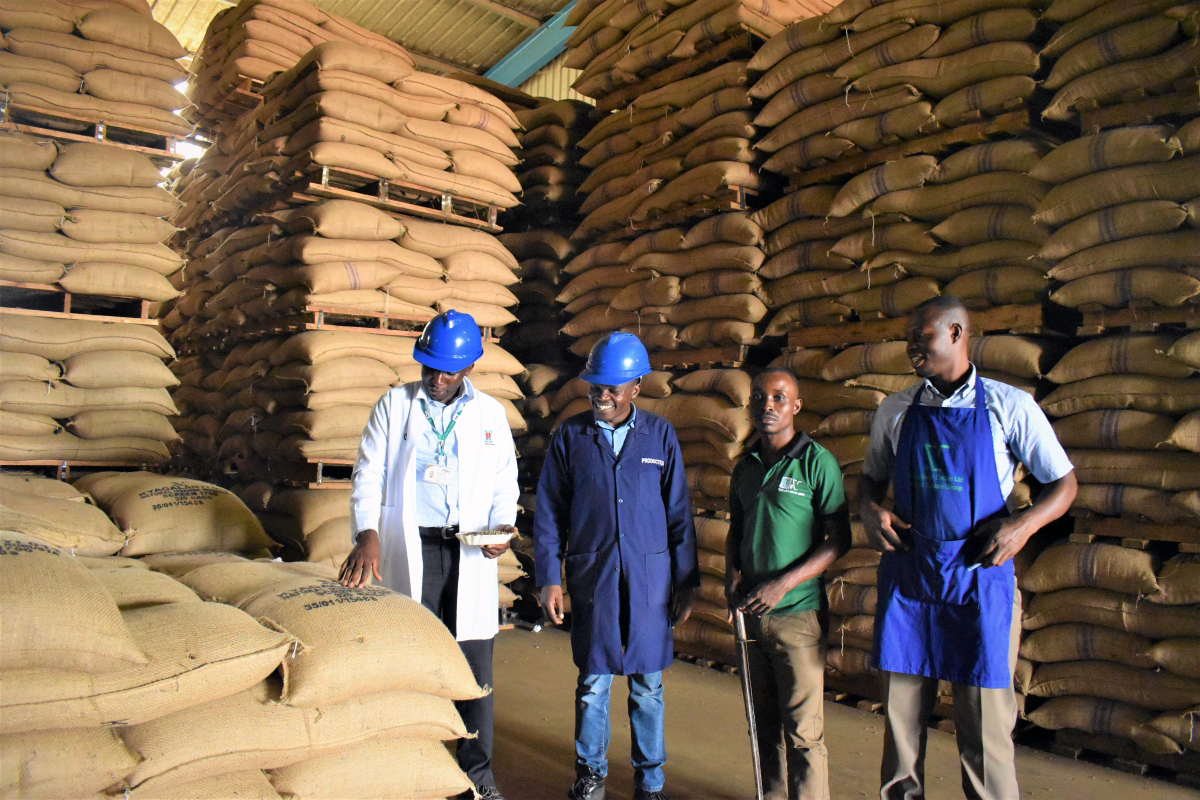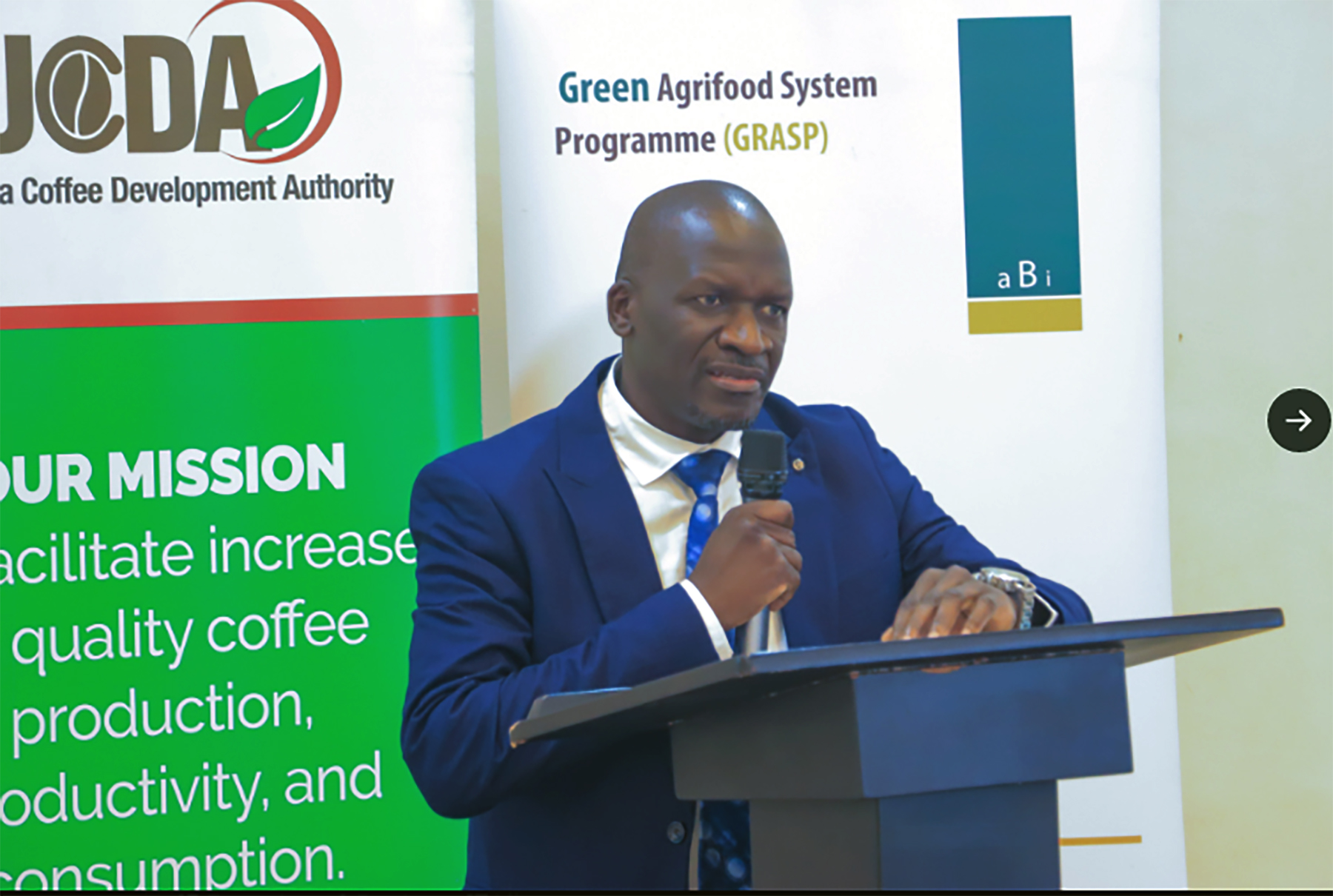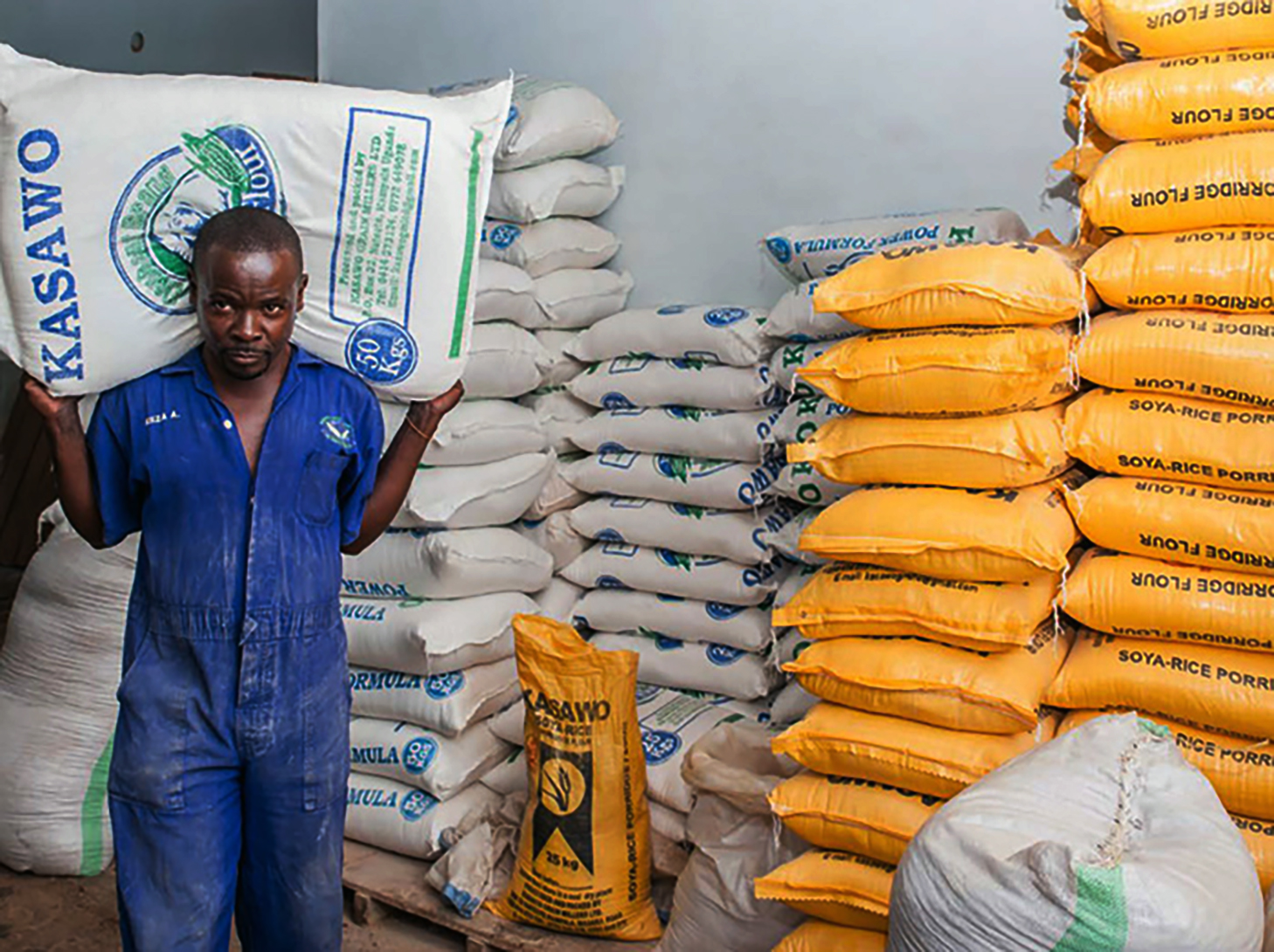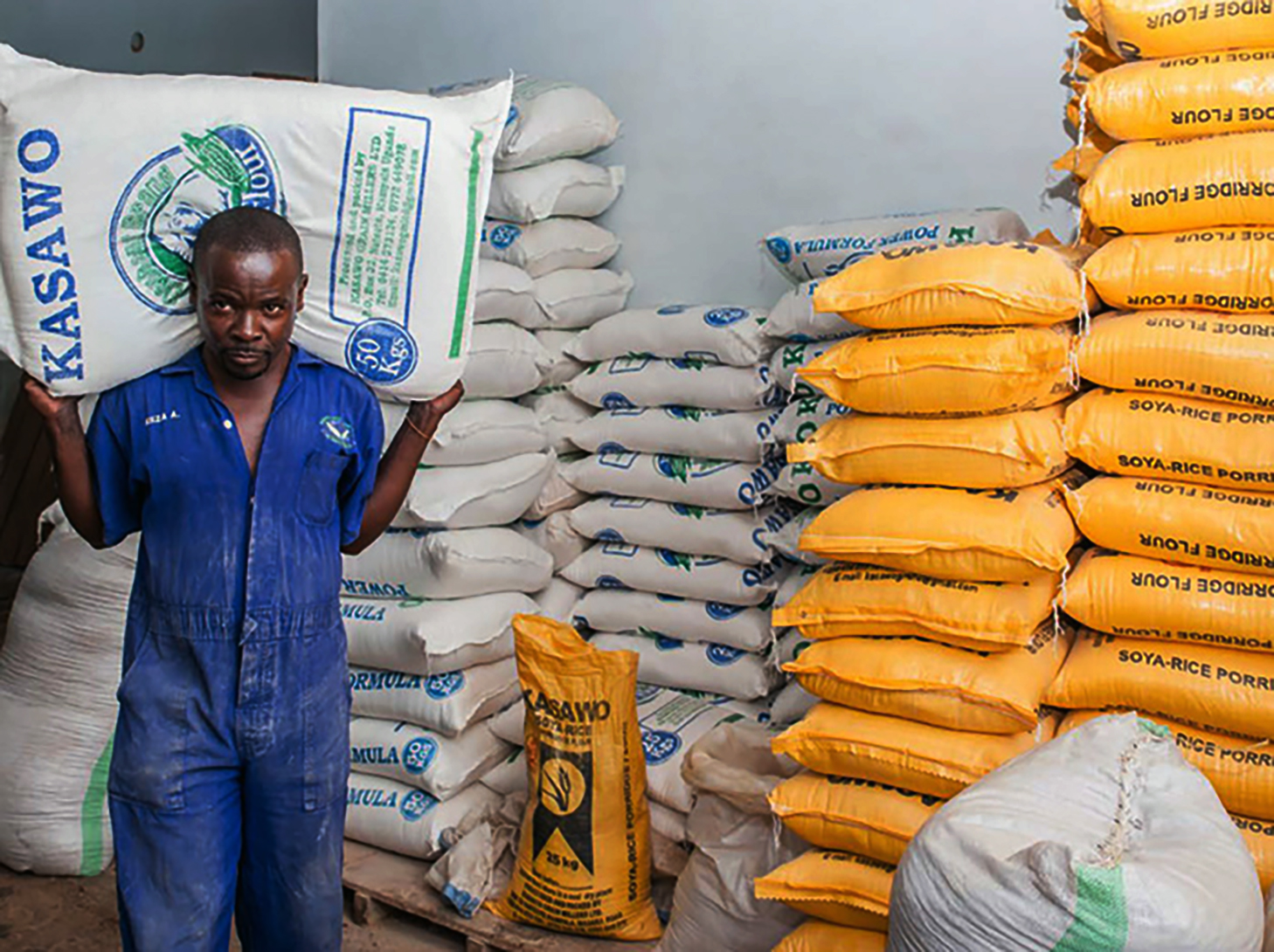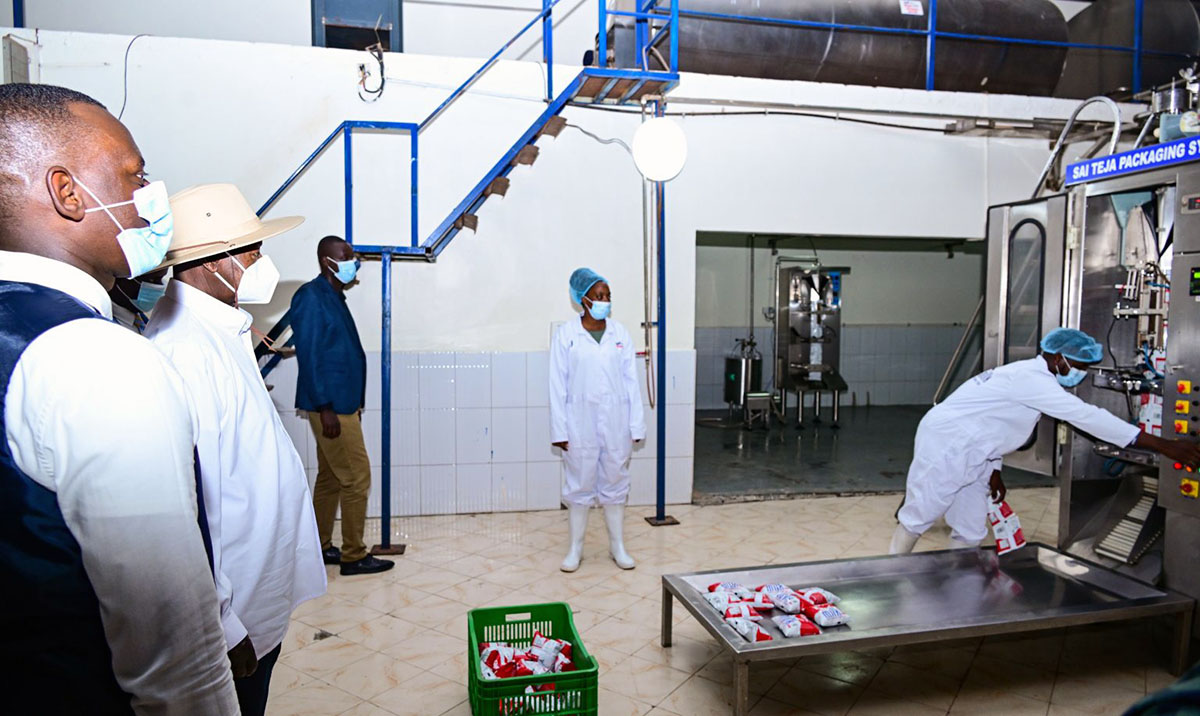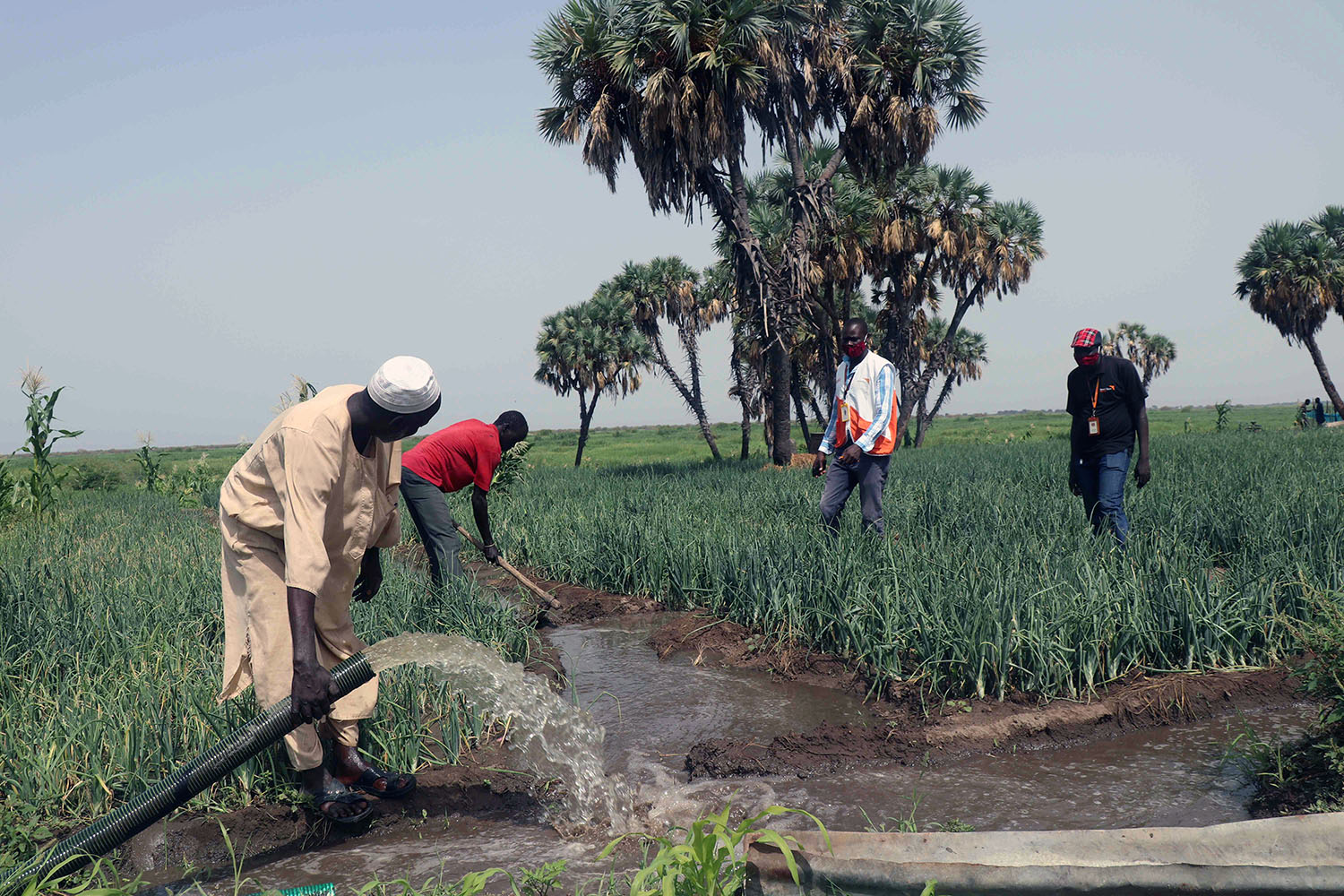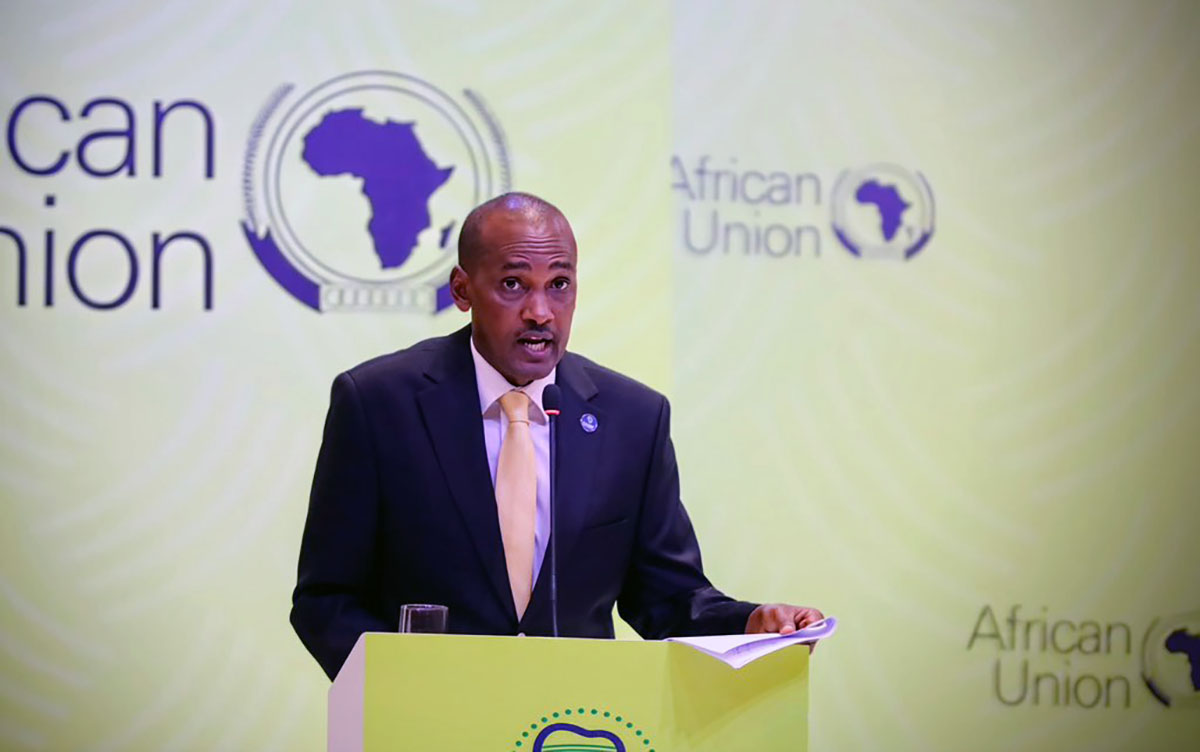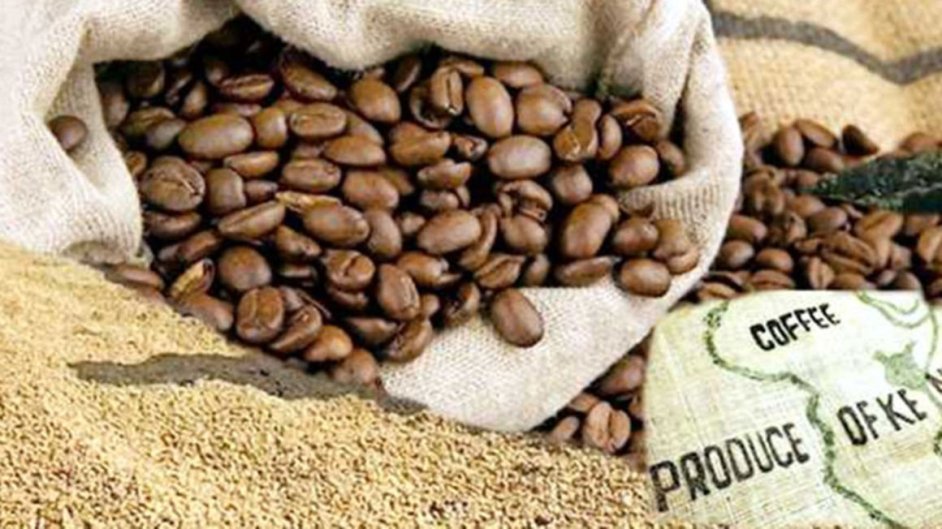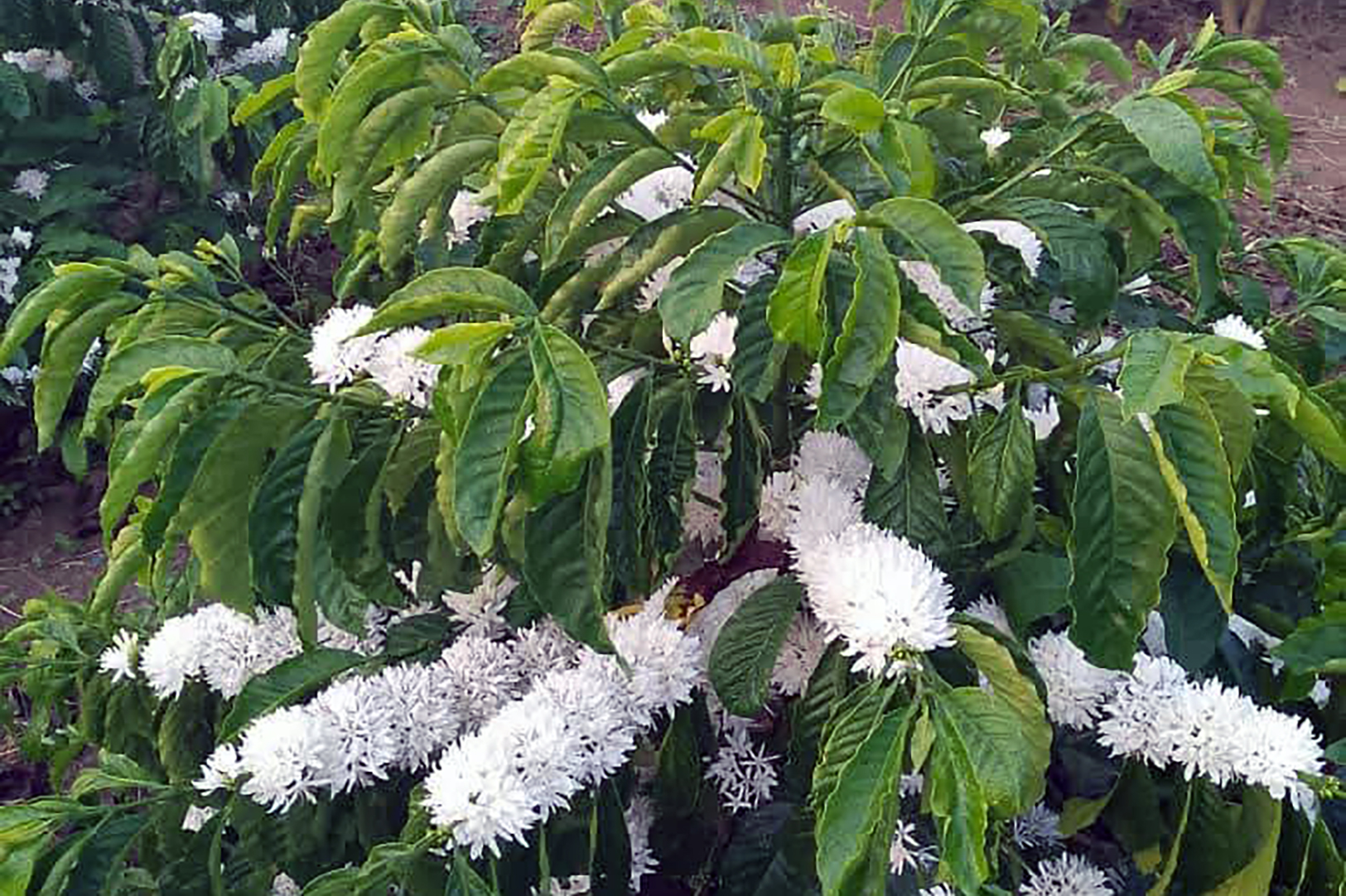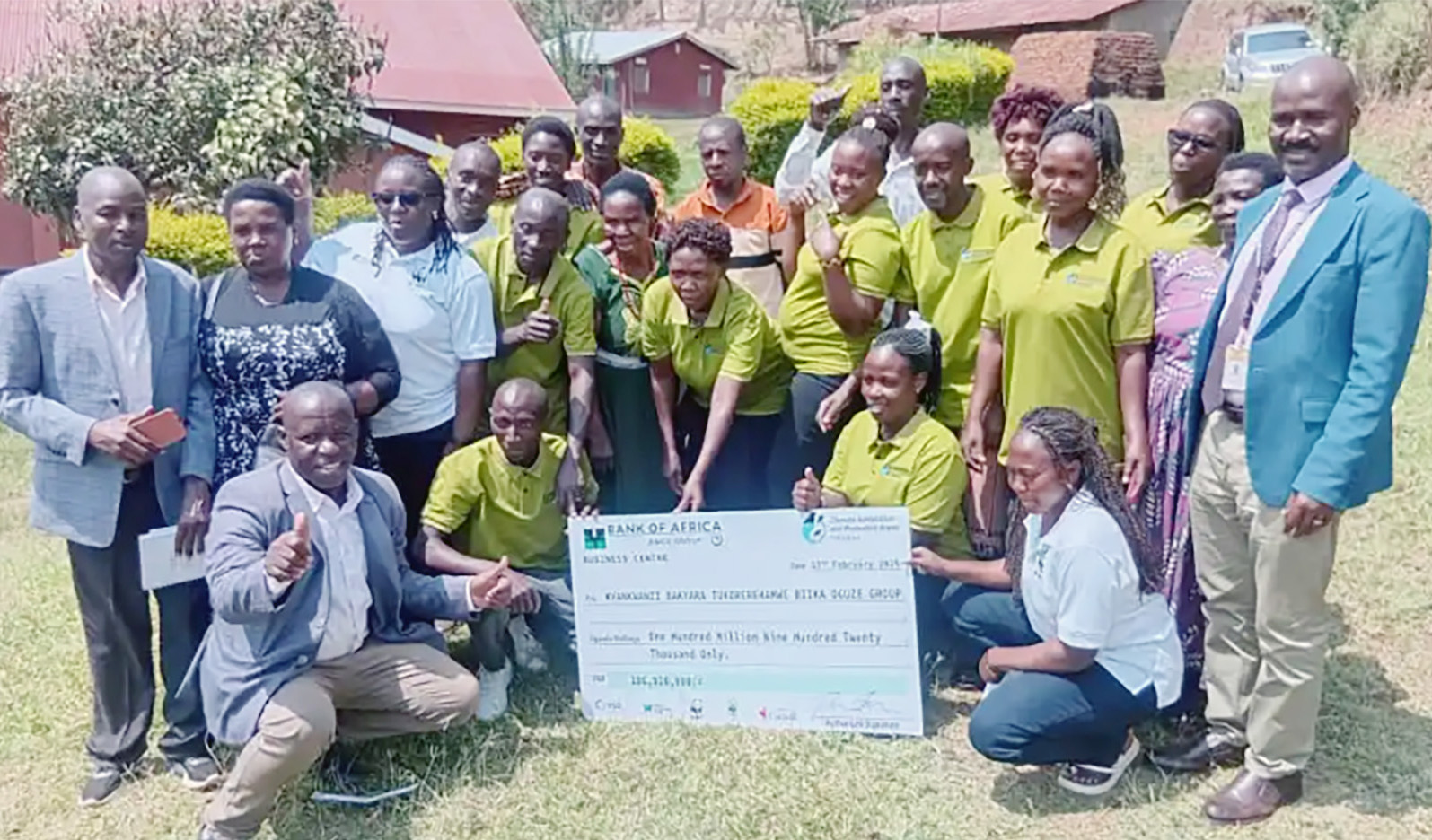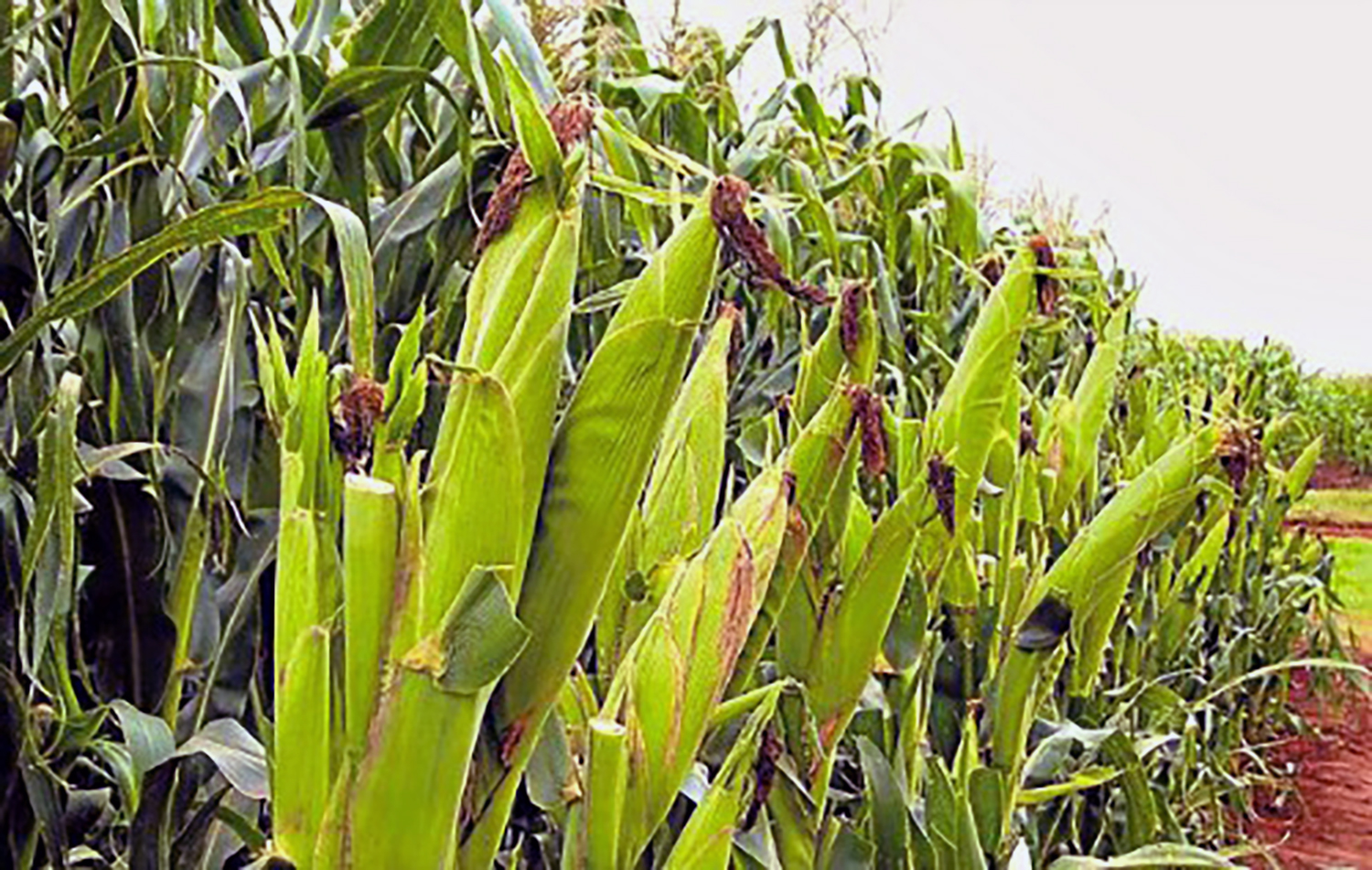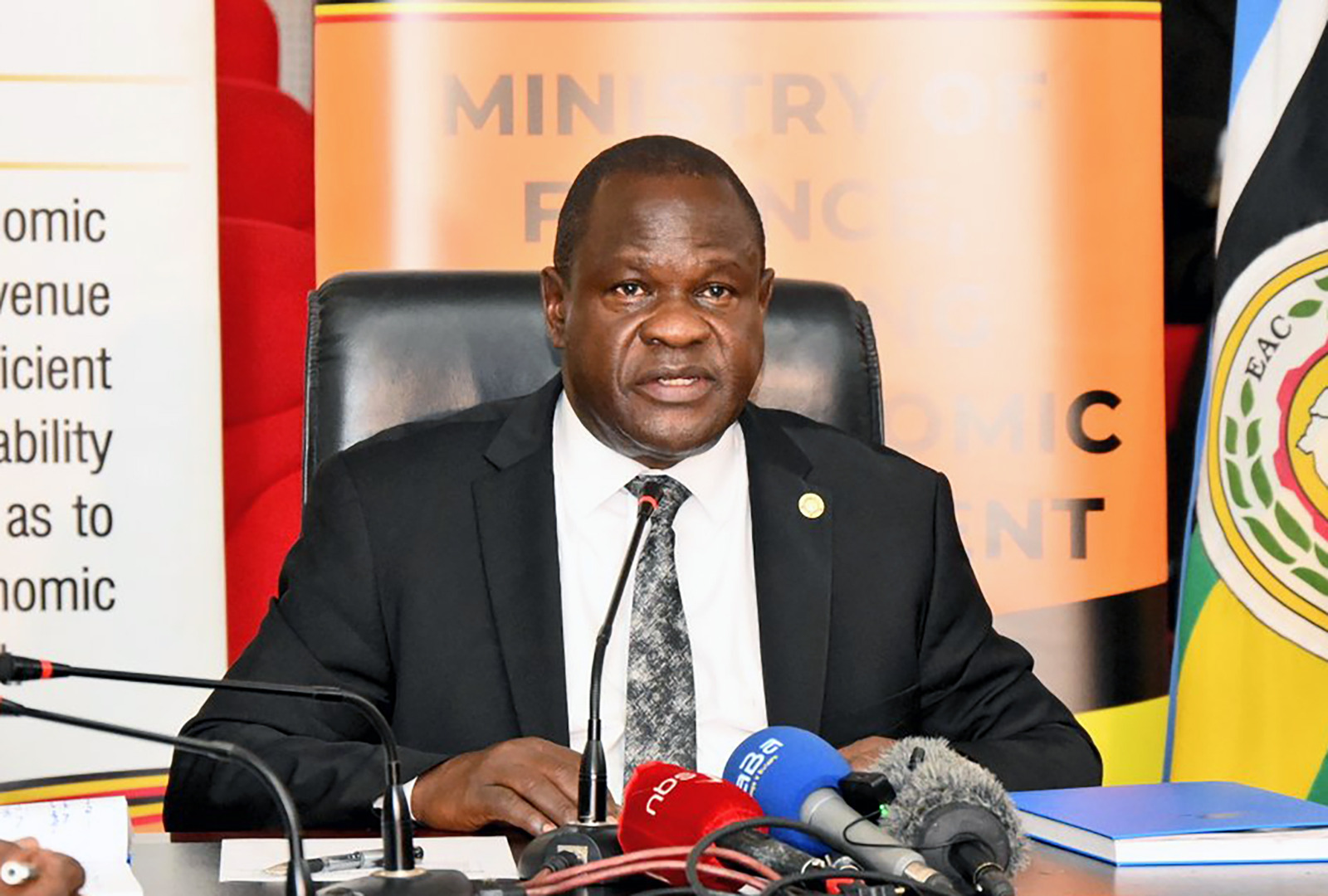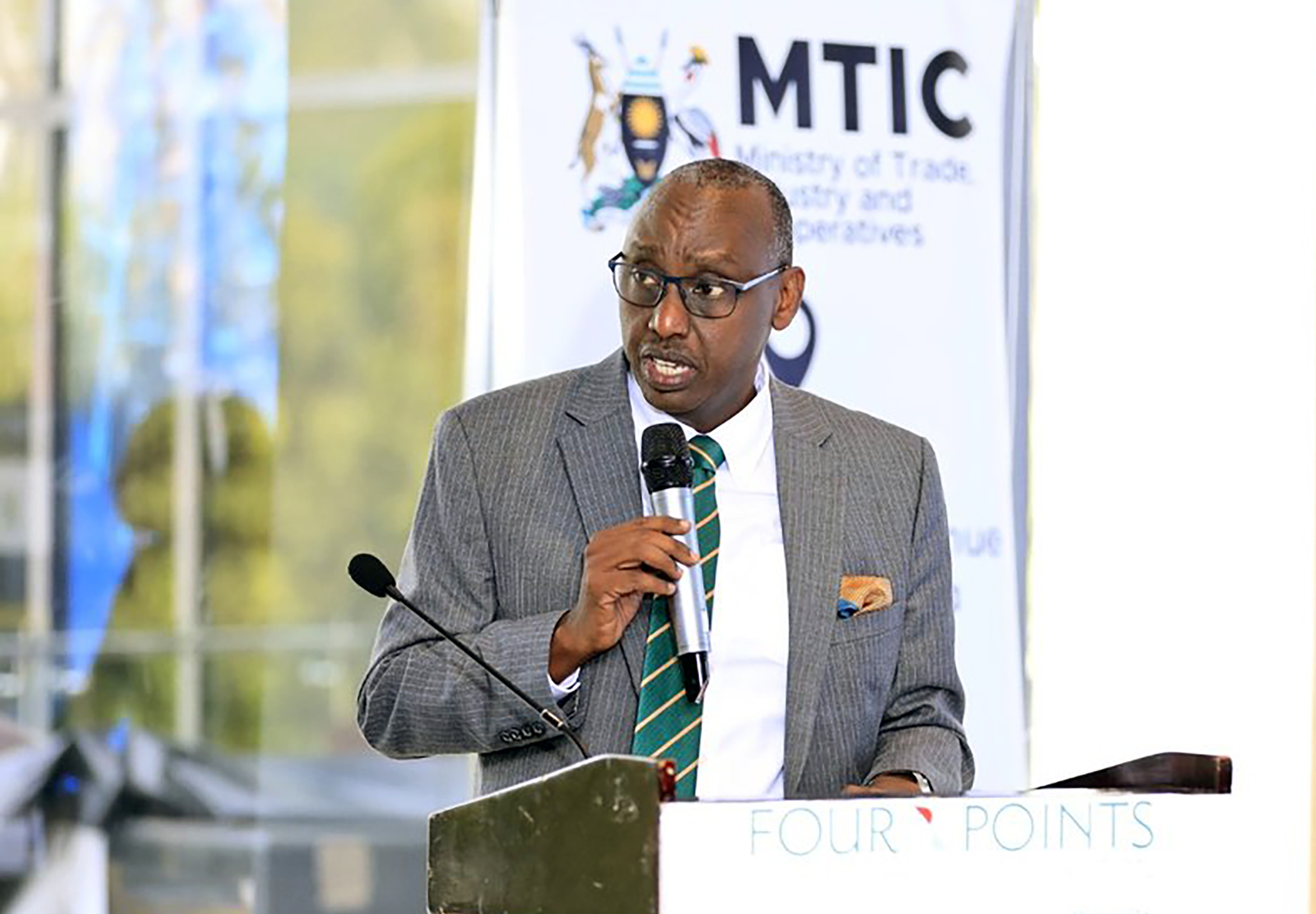Coffee exports anxiety after UGX32 bn budget cut
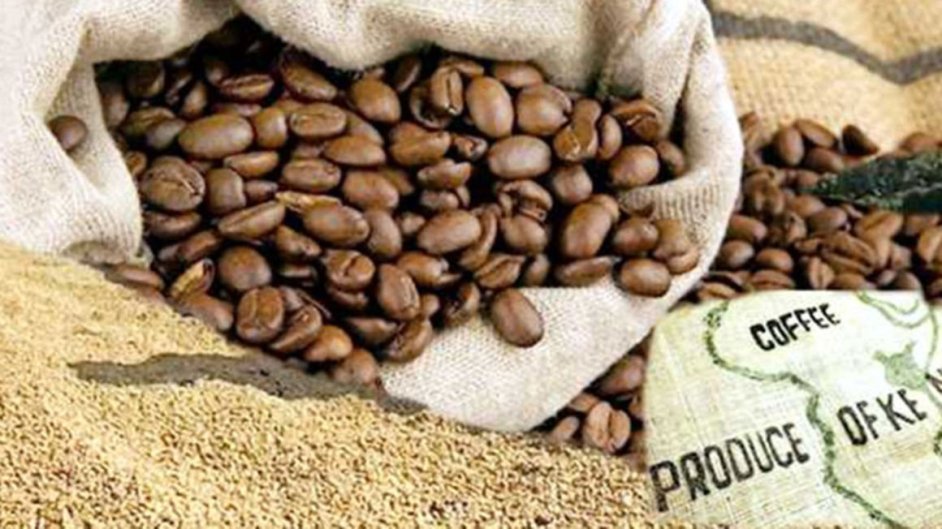
The Uganda Coffee Development Authority wants Parliament to intervene following the Government's decision not to provide the UGX32.5 billion required for the establishment of a coffee traceability system in order to protect Uganda's coffee exports to the European Union.
The coffee industry regulator had tabled a budget of UGX35 billion for the establishment of the system, but only UGX2.5 billion has been provided in the FY2024/2025 budget, leaving a massive shortfall of UGX32.5 billion. This directly implies that the setting up the system would have to be deferred to 2026 though it has a deadline of January 2025, as per the European Union Deforestation-free Regulations (EUDR).
The EU, which consumers almost 70% of Uganda's coffee exports, established the regulations in 2020 as a 'legal framework to halt and reverse EU-driven global deforestation' aimed at reducing Europe's contribution to greenhouse gas emissions and global biodiversity loss.
- Globally, coffee production is estimated to drive around 100,000 hectares of deforestation every year, according to reports. The traceability system can enable a coffee consumer at a coffee shop say in Madrid to trace the coffee in her cup to the garden where it was grown. It is not yet clear how the new rules would impact large coffee plantations that were established on deforested land across Uganda.
However, the EUDR also applies to other products such as dairy products and palm oil among others.
In compliance with the EUDR, all countries that export to the EU would be classified as a 'low' or 'high risk,' no later than December 30, 2024. When it comes into effect, the EUDR would apply to goods produced after June 2023, which implies that Uganda's traceability system both urgent and long-overdue.
- The system must register all the coffee value chain players including nursery bed operators, farmers, processors and exporters and farmers to ensure that Uganda is compliant with the EU regulations or risk a ban on Ugandan coffee.


In the report of the Committee on Agriculture, Animal Industry, and Fisheries on the ministerial policy statement and budget estimates for the Financial Year 2024/25, the MPs said the government must take immediate action to allocate the funds to the UCDA.
Dr Emmanuel Iyamulemye, the UCDA Managing Director, told this publication that the establishment of the national traceability System is also catered for in our legal framework.
"The National Coffee Register as provided for in the National Coffee Act 2021, would be a precursor to the creation of a National Traceability System (NTS) aligned with EUDR requirements," said Iyamulemye.
The EU regulation, which takes effect on January 1, 2025, requires that exporters of commodities such as coffee, cocoa and their derivatives must submit specific documents to export to the EU market.
- Brazil, Ethiopia and Vietnam, which are Uganda's top competitors in global coffee production, are already in advanced stages of setting up their traceability systems.
- President Yoweri Museveni's government has overseen the planting of millions of coffee trees in recent years as part of plans to increase annual output to 20 million bags by 2030.



.JPG)
